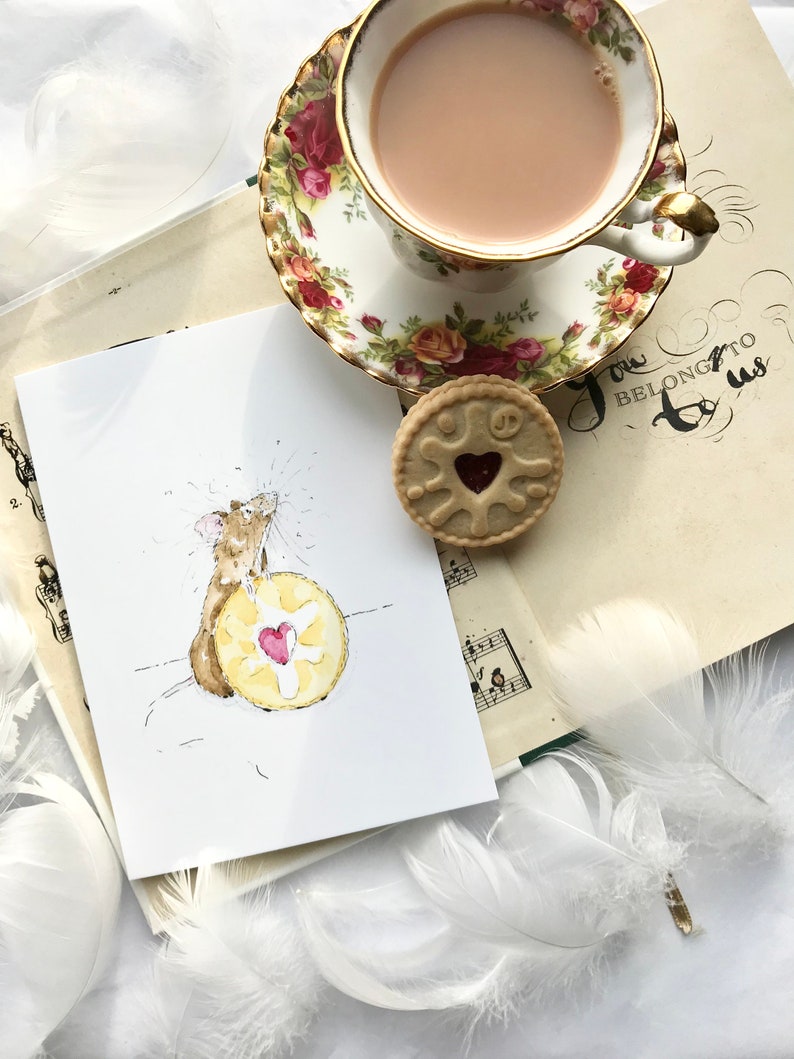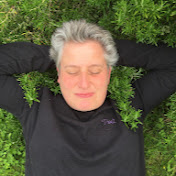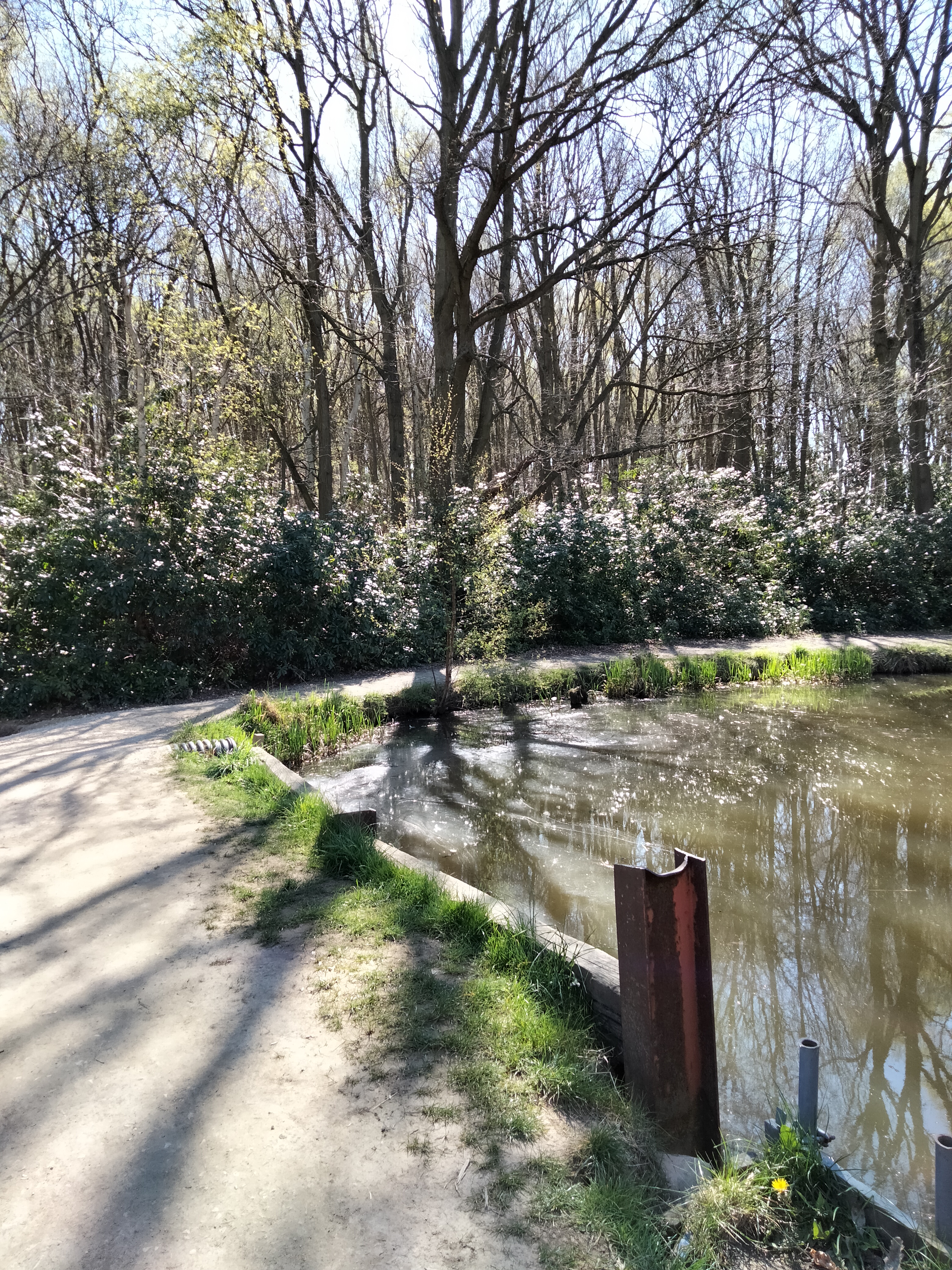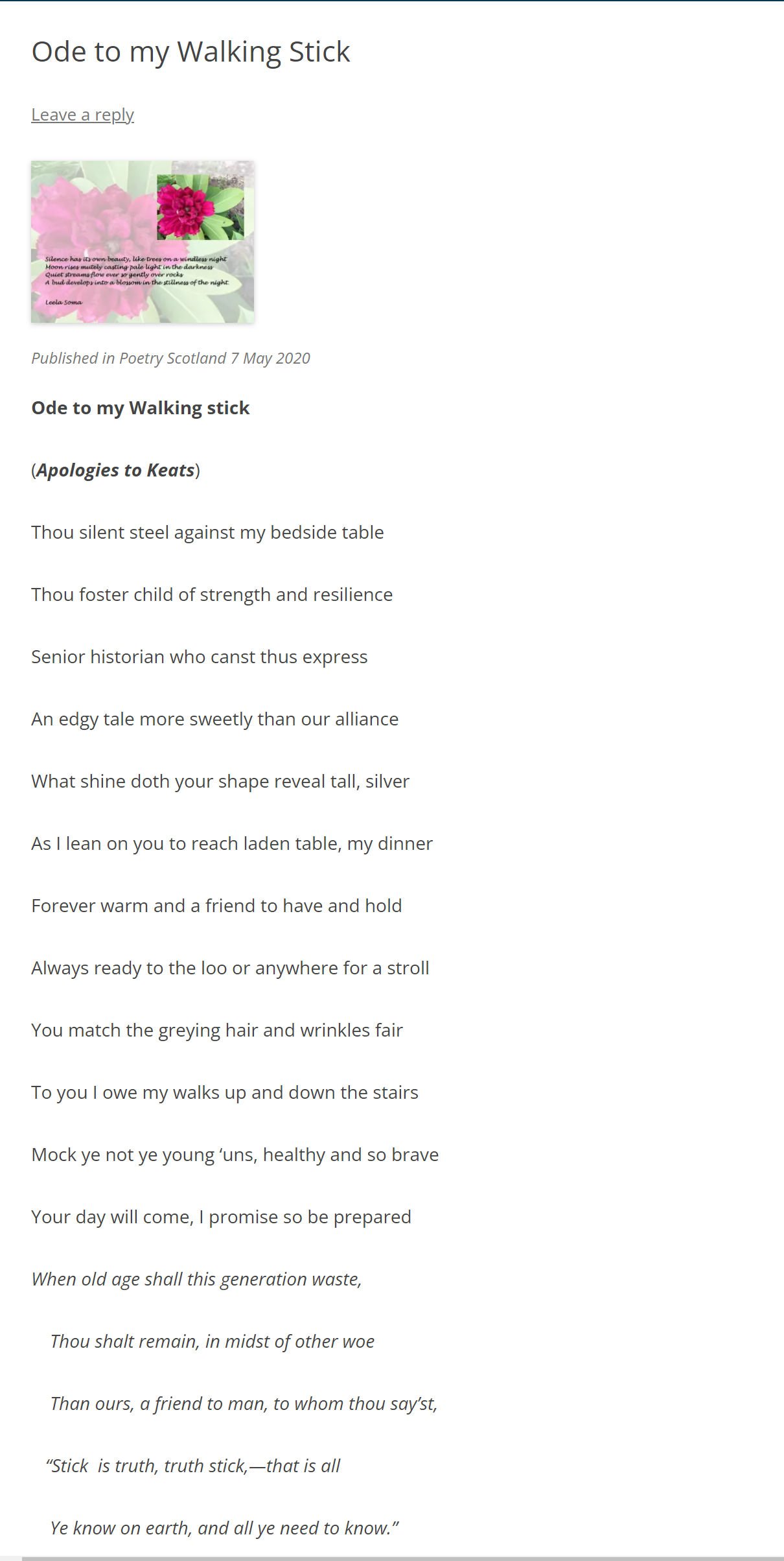https://m.soundcloud.com/velid-b-borjen/i-cant-make-neither-by-paul-brookes-read-by-v-b-borjen
Month: May 2022
Celebrate #NationalBiscuitDay today! What is your favourite biscuit? What is it about the biscuit, taste, texture, smell that entices you? Have you written about it, created artworks/photos about it? Join The Pembrokeshire poet and I in celebrating biscuits. I would love to feature you on The Wombwell Rainbow.


Photo of their own Bourbonhenge by The Pembrokeshire Poet.

-River Swan Avon.
They say about Jammie Dodgers:
Who doesn’t love a Jammie Dodger? They’re the staple of Brits’ biscuit tins with their perfect combination of shortcake and jam! The heart in the middle says it all

Bios And Links
-The Pembrokeshire Poet
lives in Pembrokeshire in Wales. A teacher, therapist, parent of 3, writer, poet. Passionate about people, Inclusivity (lots of their poems are themed around this) Wales, literature and laughter. They have completed three children’s novels as well as lots of poems and their dream is to be a published author.
-River Swan of Avon
is an independent publisher of illustrations, cards and prints, based in Stratford-upon-Avon. All illustrations are inspired by Great Britain. They are created by Naomi Hands-Smith using a traditional nib ink pen and layered with bright watercolour washes. See http://riverswanofavon.com
Your Artworker Media Featured Here: Sue Finch is a poet. She loves all kinds of coasts, peculiar things and the scent of ice-cream freezers.


Sue says: I want people to be able to hear my poetry read aloud and am enjoying creating an archive of my work. I aim to record a poem each month.
Her site can be found here: https://www.youtube.com/channel/UCdPS21ilEZ1rrlnF_rkJV7w/about
FREE PROMOTION OPPORTUNITY If you would like to have your poetry/prose/artwork YouTube or other media site featured on my blog, that will also feature on Facebook, Linked-In, and Twitter. Please contact my blog or DM me. Every contribution will be individually bespoked.
Drop in by Andy Breckenridge
Nigel Kent - Poet and Reviewer
Today I have the great pleasure of welcoming Andy Breckenridge to reflect on his inventive and vibrant pamphlet, The Liquid Air (Hybriddreich, 2021)
I am very grateful indeed to Nigel for this opportunity to drop in and write about a poem from my pamphlet The Liquid Air. It was one of six chosen for publication in the Dreich Slims submission call in 2021, and was published in July last year.
In the short collection I examine themes of self imposed exile – and more generally how it feels to be ‘ … in our element, and out of it. Or somewhere in between’, as it says in the blurb. As someone born and raised in Oban in the West of Scotland add now living in Brighton, the theme of dislocation is often present in my writing. It influences the way I present family, friendship, memory, location and love, either…
View original post 738 more words
Fish & chips
Paul Brookes has very kindly posted my poem, Fishing, in his special Fish and Chips poetry for National Fish and Chips Day.
For some mouthwatering poems, search no further, just follow this link.
#NationalFishAndChipDay I will feature your published/unpublished poetry/short prose/artworks about fish and chips. Please include a short third person bio.
Fishing
They were always jolly, the ladies who worked at The Fish Pond, and the fish and chips were the best in Birstall. The owner was Belgian, knew his frites. The working of muscular arms, the dance between frier and counter, the rhythmic movements of folding newspaper, were highlights of my childhood. I took my children there when I visited home, Paris children, their English quirky. They listened, bemused, to the local voices, the banter and the laughter, trying to make sense of it, stood on tiptoe, curious as to what was going on in the hiss of beef fat and batter.
Before she wrapped up our order, the lady leaned over the counter, pointed to the yellow plastic containers of salt and malt vinegar and asked my two, did they want anything on theirs. They looked at me, slightly worried, and the older one said, “Can we have citron, please?”The smell of frying
as pungent and memorable
as the scent of pines
the rustle of newspaper
like small waves
lapping golden sand
the foreign chatter
of holidays.-Jane Dougherty
Very Often Scraps
Lowry dropped me onto cobbles
where the fat thick aroma of peas
from over the road sustained me
through a textbook northern winter.Steam wreathed queues snaked
around the corner in the always
grey evenings.Reeking bundles
of old news were carried out.There were very often scraps.
Tony Noon
Seaside symphony
Gritty salt on my fingers matching the air
Lips coated with grease and the taste explodes
With flakes of fish mixing with perfectly
Cooked thick fingers of fried potato.The perfection that together makes a perfect
Seaside meal on the pier
And separately I can easily avoid
Their heady mixture a compliment that
Completes it’s partner in heated harmony-©Ailsa Cawley 2022
American Fish and Chips
It’s a chain restaurant near the mall
that’s supposed to look like a British pub.
There’s a Union Jack on the wall,
between a Beatles poster,
and some old-fashioned Guinness ads.
Football game playing on the televisions in the bar,
American football, that is, Bears vs. Packers.
The sound isn’t on, but a few men roar their disappointment.
The chicken sandwich is pretty good here,
the burger is okay.
Everything comes with bacon,
except for the fish and chips.
Brown next to brown, crispy and warm.
A scoop of white coleslaw in a little paper cup,
to be healthy, I guess.
A pale lemon wedge reclines as an afterthought
on a useless bed of wilted lettuce.
It’s delicious, of course,
deep fried flaky white cod.
My stomach will hate me after this,
I think as I dip my fries in a pool of ketchup.
-Karen Steiger
Bios and Links
-Ailsa Cawley
has been writing stories, poems and verses since she was a child.
It’s not always what is considered poetry by some, as she isn’t a lover of sweet, schmaltzy rhymes!
She is currently writing her first novel. A psychological thriller with a paranormal element, and she hopes to bring out a poetry collection one day!
She lives on the Isle of Skye. While some of her poetry is written from personal experience, others are written from her slightly dark and twisted imagination.
-Jane Dougherty
lives and works in southwest France. Her poems and stories have been published in magazines and journals including Ogham Stone, the Ekphrastic Review, ink sweat and tears, Gleam, Nightingale & Sparrow, Green Ink and Brilliant Flash Fiction. She blogs at https://janedougherty.wordpress.com/ Her poetry chapbooks, thicker than water and birds and other feathers were published in October and November 2020.
-Karen Steiger
is a poet, fiction writer, and breast cancer survivor living in Schaumburg, Illinois, with her beloved husband, Matt, and two retired racing greyhounds, Giza and Horus. She is the founder of her poetry blog, The Midlife Crisis Poet (www.themidlifecrisispoet.com), and her work has been published in The Wells Street Journal, Arsenika, Black Bough Poetry, Ang(st), Perhappened (including a 2020 Best of the Net nomination), Kaleidotrope, Mineral Lit Mag, Rejection Letters, Versification, Sledgehammer Lit, Bombfire Lit, and others.
Celebrate #InsectThursday I will feature your published/unpublished poetry/short prose/artworks about insects. Please include a short third person bio.

photo by Paul Brookes
Red Admiral
The summer before you lay down
cobwebbed to my windowsill,
I watched you with the painted ladies,
clouded yellows, orange tips, small blues
giddying among poppies, monkshood,
buttercups, honeysuckle, landing light as air
the same that carried you night
and day from Africa –
the distance I voyage, the high
and low notes – currents of hope
and fear for my children, their children,
deep things that surface, flit and bombard me
in a kaleidoscope of wings in flight
following the hues of my life.
-Kerry Darbishire
Painted Lady
They come in spring, lay their eggs
on leaves of nettles, thistles, mallow.
By August they devour
the buddleia at Fountains Abbey,
gain strength to fly away in autumn
to Africa, Israel, the Red Sea.
I admire the contrast of their five eye-spots,
their scarlet forewings
seen from below,
with the orange and black
when they open out,
tame enough to be photographed.
But if you get too close
they disappear.
-Peter J. Donnelly
Peppered Moth
Consider Malus Domestica and Biston Betularia,
attracting and attached,
a true contrast, a tree, a moth
in the orchard at Llanerchaeron,
a haven for the peppered moth.
Each twig-like caterpillar turns itself
into another still insect,
its wings invisible on bark,
surviving by disguise and night’s darkness,
as it survived the soot of the Industrial Revolution.
What came next made things better
for a plot of land with trees and moths.
As things got out of hand the moth evolved,
altered its course
as the apple trees grew.
-Peter J. Donnelly
Red Admiral
The bars on their wings
that give them their name
are not red at all but orange
like a robin’s breast
or red cheese.
Like them they’re
unmistakable, a common sight,
yet they can surprise us.
I saw one once
in November
on the grass
near Stamford Bridge.
It was as unexpected
as a fox in the city
or the news I heard that day.
-Peter J. Donnelly
Small Tortoiseshell
Once said to be declining,
this afternoon they’re in abundance
in hedgerows near the canal.
They fly in pairs,
one stops to suck nectar
from a bramble flower.
Does it vainly display its dorsal,
not minding my phone’s camera,
or is it so absorbed
it forgets to close up
and hide behind
its brown underwings?
Have these strange times confused them
or aided their revival?
-Peter J. Donnelly
Bios and Links
-Kerry Darbishire
lives in Cumbria. She has two poetry collections with Indigo Dreams, a pamphlet with Dempsey and Windle and a collaboration pamphlet with Grey Hen Press. ‘A Red Admiral’ is from her third collection, ‘Jardiniere’ published by Hedgehog Press on June 10th.”
-Peter J Donnelly
lives in York where he works as a hospital secretary. He has a degree in English Literature and a MA in Creative Writing from the University of Wales Lampeter. He has been published in various magazines and anthologies including Dreich and Writer’s Egg, where some of these poems have previously appeared. Last year he won second prize in the Ripon Poetry Festival competition.
Celebrate #NationalWalkingMonth You are invited to contribute with Sue Watling, Leela Soma and myself. I will feature your published/unpublished poetry/short prose/artworks that speak of walking. Please include a short third person bio

Wombwell Woods photo by Paul Brookes

-Sue Watling
May the Seventeenth
I found a new walk today.
The descent to Walmgate Stray
was like the wardrobe door into
Narnia, except it wasn’t winter.
Before I knew
it I had more than a view
of open countryside,
the suburbs no longer beside
me. The cattle were as tame
as Aslan, they came
to be stroked. Seeing
Sutton Bank was like being
there and spotting York
Minster from the White Horse.
-Peter J. Donnelly
One Day on Dartmoor
One day I must return to Fingle Woods
to do again the walk I once did
with my great-uncle and aunt.
Morning coffee at the Inn
by the bridge over the Teign,
a picnic in a meadow,
leave time to take in Castle Drogo,
then back to Drewsteignton.
I will try not to be sad
that he is no longer with us,
she too old to walk there again,
that they cannot show me
the way they knew so well.
Instead I will rejoice
at the work they helped to start
to restore the ancient woods;
to protect the land and what lives on it –
redstarts, wood warblers, pied flycatchers.
I wish I could return each year
as the birds do, or lived closer
like my loved ones.
My memory of that day
is like the leaves on the conifers. Constant.
-Peter J. Donnelly
Walking by Water
I love to walk by water,
in the country and in town.
My favourite place is Ripon Canal,
I pace it up and down.
I gaze at boats and barges,
admire moths and meadowsweet.
Whatever the time of year,
I barely feel the cold or heat.
Through the lanes of Littlethorpe,
I like the homeward walk as well.
For a change I choose the woods
by the River Skell.
All views of the cathedral
never fail to please.
But there’s often something unexpected –
a heron, a kingfisher, fallen trees.
-Peter J. Donnelly

-Leela Soma. She says
Let me explain. A few weeks ago I was cleaning the kitchen cupboards, fell down and did some damage to my left knee. The hour long walks we enjoyed in the woods behind our house came to an abrupt stop for me. Life revolved around the house, hobbling painfully with the aid of a stick, hence the poem.
Three weeks on, the pain has subsided considerably but not enough to warrant a walk outside my garden, so the patio’s every slab and the wee beasties hiding in them are all too familiar now. Thank God for the garden! It gifts me new blooms every day and makes my day a little bit better. Hope you’re all enjoying the warm weather.
Ever Striding Edge
Always two stairs down from landing
sister and I safe
neither half up, nor halfway..
Listen on this hill/mountainside braced against icy
gust of Mam/Dad shouts below whose igneous lava erupt at each other.
Silence.
Front room door opens Mam climbs
stairs/hill/mountainside, and as she speaks
ice encrusts solid rock expands.
Your Dad and I can’t live together any longer.
Cold mist, prevailing gust and ice brings wet eyes
You need to decide who you want to live with.
Silence.
I’ll go with you, Paul my sister says and rock falls away
makes valley sides sister and I stand on Striding Edge razorback,
serrated edge five years later.
Hiking boot midair over steep
drop to Red Tarn somewhere in mist below
Somewhere in mist Sisters/Dads hand.
Manoeuvre frozen legs, up, over, round,
shift from one side edge to the other,
weeks with Mam, weekends Dad,
Careful what you say, interrogation from both.
mist clears enough for summit sight. Time away at college.
Focus. Careful to have three rock holds. Focus.
I’ll go with you mam I say. Summit reached always another higher later.
My hands support Sister/Dad/Mam when their sides fall away.
Always Silence.
Ever Striding Silence.
-Paul Brookes
Bios And Links
-Sue Watling
is a writer and poet from Hull where she has an allotment and keeps honeybees. Sue’s work has appeared in a number of poetry journals and magazines, and she has two books due to be published this year. ‘Heaving with the dreams of strangers’ is a Dreich ‘Slims’ Chapbook and ‘Thetis’ (Esplanade Press) is a poetic narrative retelling the Trojan War through the eyes of Thetis, mother to Achilles.
Symbiont: 50 Sonnets by Dominic Hand (Veer Books)
The emphasis in the environmental sciences nowadays is less on Darwinian competitiveness than on how organisms interact synergically in complex systems. Meantime old concepts of nature have steadily been eroded, both by posthumanism and the recognition of the Anthropocene. Changes have consequently been due in nature writing, which can often still be structured around the human, personal and agonistic. Since language itself is structured that way – subjects and accusatives, persons and possessives – it’s no easy project, but one which innovative poetries – more willing than the mainstream to radically disrupt conventions – have so far had most success in undertaking.
Dominic Hand’s ecopoetics is particularly inventive and visually dramatic. His sonnets’ full justification, small font, lower case and lack of punctuation mean they appear as striated squares, like something blockily manufactured. The same features make them a dizzying and dense read: each poem a single sentence whose clausal…
View original post 366 more words
